Members
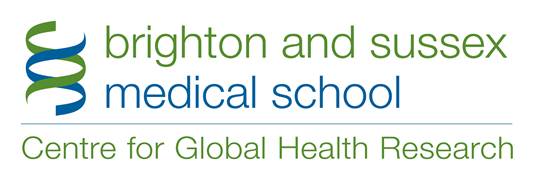
The Brighton and Sussex Centre for Global Health Research (BSCGHR) acts as an international, multidisciplinary, research hub for three Neglected Tropical Diseases (NTDs): podoconiosis, mycetoma and scabies. BSCGHR has partnerships with academic institutions in over 25 countries, including two large NIHR-funded programmes of research into NTDs: The NIHR Global Health Research Unit on NTDs at Brighton & Sussex Medical School, and the Social Sciences for Severe Stigmatising Skin Conditions (5S) Foundation. BSCGHR’s research has a strong focus on capacity building, striving to create enduring and equitable partnerships to meet their long-term goal of improving the health and wellbeing of those affected by NTDs.

Guided by the vision of Carter Center founders Jimmy and Rosalynn Carter, the Center is a recognized leader in the global fight against neglected tropical diseases (NTDs) and advancing mental health. Pioneering work in disease eradication and elimination, strong partnerships, and measured impact have characterized the Center’s work for more than 30 years. In 1986, the Center launched its first neglected tropical disease program—the effort to make Guinea worm the second human disease to be eradicated, after smallpox. Since then, Center health programs have worked in more than 30 countries, with a focus today on five NTDs (Guinea worm, river blindness, trachoma, lymphatic filariasis, schistosomiasis) and malaria in more than a dozen countries. The Center’s Mental Health Program advances mental health and decreases stigma in the U.S. and globally.
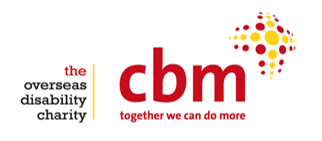
CBM is an international Christian disability and development organisation, committed to improving the quality of life of people with disabilities in the poorest communities of the world. Through its local partners, CBM works in over 60 countries, providing services to over 80 million people including 70 million people who received drug treatments for the control of NTDs. Working within a disability inclusive development approach, CBM aims to provide a continuum of care that addresses the full spectrum of needs of those impacted by NTDs. This ranges from prevention and treatment to rehabilitation, and ensuring education, livelihoods and social opportunities for people with long-term NTD-related disabilities.
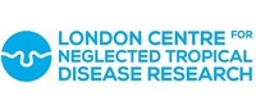
The London Centre for Neglected Tropical Disease Research (LCNTDR) is an innovative research collaboration that brings together leading experts to tackle diseases which affect the lives of over 1.7 billion of the poorest people across the globe. LCNTDR undertakes cutting-edge research to build the evidence base around the design, implementation and evaluation of neglected tropical disease prevention, control, elimination and eradication programmes. LCNTDR member institutions house world renowned NTD experts with a wide range of specialties, making the Centre a valuable resource for cross-sectoral research and collaboration. The founding members of the LCNTDR include the Imperial College London, the London School of Hygiene & Tropical Medicine, the Natural History Museum and the Royal Veterinary College. In 2021, LCNTDR expanded its membership base and now welcomes institutions engaged in NTD research based either in London or in countries where NTDs are endemic.

Podoconiosis (or podo) is a neglected tropical disease that affects some of the most disadvantaged people in 32 countries across Africa, Asia and Latin America. It is a form of tropical lymphoedema, a chronic condition that causes swelling in the body’s tissues caused by many years of barefoot contact with irritant soil in highland tropical areas. There are an estimated four million people affected globally, with many more millions at risk, yet podo is preventable and treatable. Footwork is the only organisation in the world dedicated to enabling and championing a world free of podo. But Footwork cannot achieve this alone. To realise this vision requires greater integration of interventions, improved access to health care, enhanced global coordination and understanding, expanded partnerships, and more focus on podo in relation to 21st century social, cultural and economic factors.
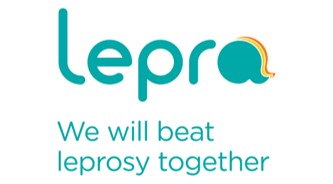
Lepra is a secular, evidence-led, UK based international NGO striving to deliver real change to the forgotten people behind the neglected tropical diseases of leprosy and lymphatic filariasis. Lepra has a history spanning over 95 years and works predominantly in India and Bangladesh. With a global reputation for scientific research, Lepra publishes academic papers on leprosy and pioneers successful intervention models that are adopted by national governments, the World Health Organisation and other NGOs. Lepra assists people affected by leprosy through prevention, diagnosis, disability aids, self-care groups and mental health support. Lepra also has strong, established, partnerships with regional and national governments to ensure that those affected have access to reconstructive surgery, multi-drug therapy, eye care and physiotherapy. Lepra also assists people affected by lymphatic filariasis through diagnosis, self-care groups, mental health support and health education programmes.

Orbis is an international charity that prevents and treats avoidable blindness and vision loss. With our network of partners, Orbis screen for and treat eye conditions, raise awareness about eye health, and train and mentor eye care teams in Africa, Asia, and Latin America so they can work together to save and restore vision in their communities, ensuring no one has to face a life of avoidable blindness. Orbis’s work ranges from vision centres that provide primary eye care for rural communities to screening programmes for children to projects focused on the elimination of trachoma. We provide training and mentoring for eye health professionals through our telemedicine platform Cybersight and on the Orbis Flying Eye Hospital, a state-of-the-art ophthalmic teaching hospital on board a customised aircraft.
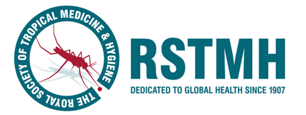
The Royal Society of Tropical Medicine and Hygiene is a charity and membership society that has been dedicated to improving tropical medicine and global health since 1907. Our ambition is to save lives and improve health around the world through increased access to and greater equity in global healthcare. Through our activities we help further our members’ careers. We also harness their collective knowledge and expertise to achieve change within the sector. Our members, based in over 90 countries, are at all stages of their careers, working across a multitude of disciplines and from a range of sectors. Our activities include funding and disseminating multidisciplinary research through peer-reviewed journals and a calendar of meetings and events. We provide grants for UK and international research, and award medals for excellence in practice, and to recognise emerging talent.
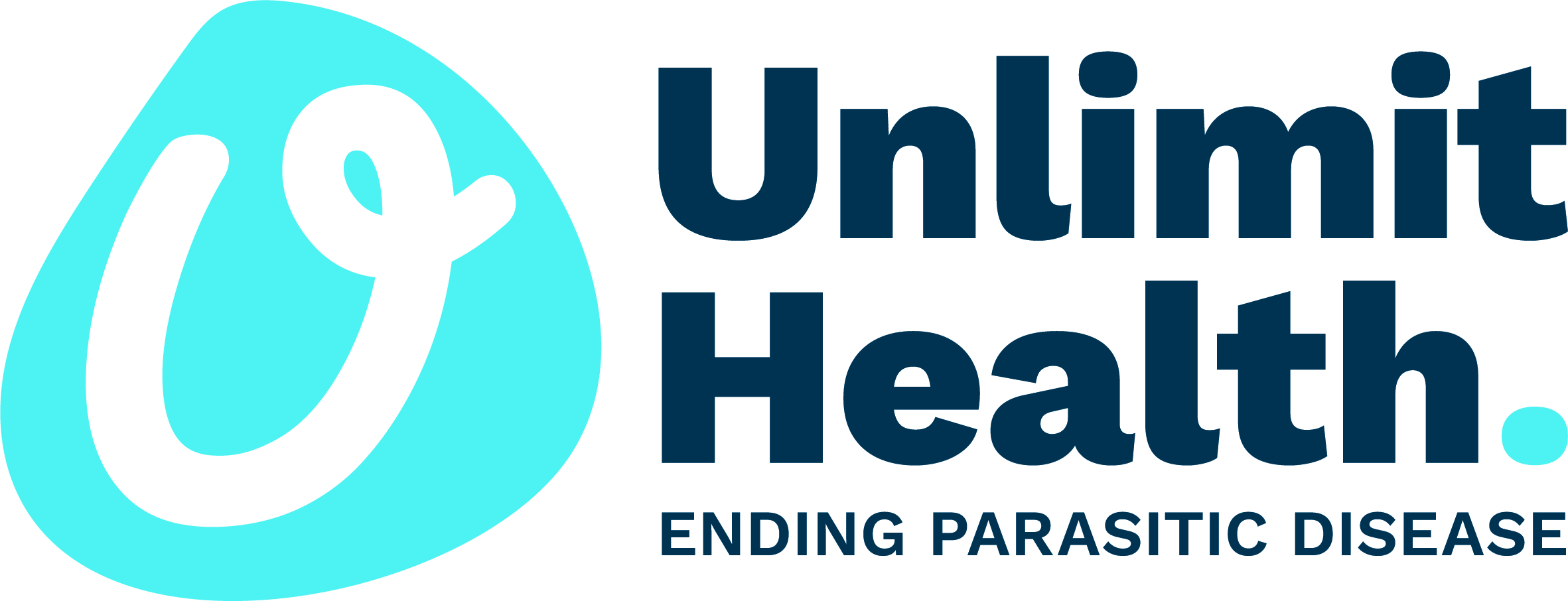
Unlimit Health is an international organisation working to end parasitic disease. We partner with ministries of health to develop country-owned solutions that eliminate preventable infections.
This work strengthens health systems, so people can live healthy lives, free from limiting disease.

The Fred Hollows Foundation is a leading international development organisation that has restored sight to more than 2.5 million people around the world and has supported programs to deliver more than 100 million doses of antibiotics for trachoma. The Foundation’s vision is for a world where no person is needlessly blind or vision impaired. It continues the work of the late Professor Fred Hollows, a globally-renowned eye surgeon who believed everyone should have access to high-quality affordable eye care, no matter where they live. The Foundation works in more than 25 countries throughout Africa, South Asia and the Middle East, South East Asia and the Pacific. Our priority is to strengthen health systems and work with communities to improve their own eye health. We do this through life-changing surgeries and treatments, training doctors and health workers, generating new ideas, and pushing for change at all levels – from local to global.
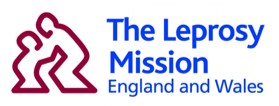
The Leprosy Mission is a global Christian development organisation. We partner with governments, other NGOs and most importantly, people affected by leprosy to achieve our vision – leprosy defeated, lives transformed. Our work includes building capacity within health services to diagnose and treat leprosy and its effects; investing in research that can accelerate the elimination of leprosy; strengthening community-based rehabilitation and mental health support to promote better health and inner wellbeing; challenging cultural misconceptions, stigma and discriminatory laws and practices; and helping people affected to improve their living and working conditions, so they can be understood, respected and included. We also support and strengthen local champions and organisations of people affected so they can advocate more effectively for the issues important to them. We value the effectiveness of cross-NTD and disability approaches and look to mainstream leprosy within these wherever practical.
Observers

DNDi is a not-for-profit research organization developing new treatments for neglected patients. Our vision is to save lives and improve the health of people living with neglected diseases by using an alternative model to develop drugs for these diseases, and by ensuring equitable access to treatment. Our mission is to develop new treatments for people living with neglected diseases. Acting in the public interest, DNDi bridges existing R&D gaps in essential drugs for these diseases by initiating and coordinating drug R&D projects in collaboration with the international research community, the public sector, the pharmaceutical industry, and other relevant partners.

The International Coalition for Trachoma Control (ICTC) is a multi-stakeholder membership of non‐governmental, donor, private sector and academic organizations working together to support the WHO Alliance for the Global Elimination of Trachoma (GET2020 Alliance). ICTC was established in 2004 to contribute to global efforts to eliminate trachoma as a public health problem by advocating for and supporting the implementation of the WHO-endorsed SAFE strategy. ICTC is aligned with approaches and targets included in WHO’s 2019 World report on vision and in Ending the neglect to attain the Sustainable Development Goals: a road map for neglected tropical diseases 2021-2030.
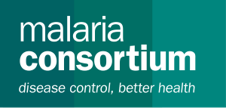
Our work is focused on the control, management and, where appropriate, the eventual elimination of range of diseases – malaria, pneumonia, diarrhoea, dengue and neglected tropical diseases. We balance this focus with other factors that affect child and maternal health, particularly malnutrition. Research is central to our all our work. We develop and test new approaches and products in a range of locations, transmission settings and health systems to help prevent, care and treat diseases. The high-quality evidence we generate enables us to learn from and improve our projects and programmes, and to support global and national level policymaking for the delivery of effective health services. This provides us with the authority to influence national and global decision making. We work collaboratively with those who share our objectives of tackling disease burdens, extending quality health services to the most vulnerable, and work towards achieving the Sustainable Development Goals.
